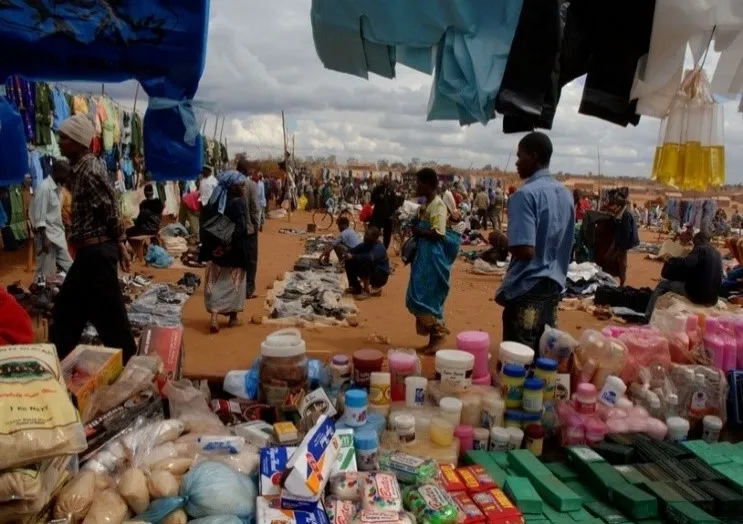
Most governments have remained hesitant in hosting refugees and asylum seekers because their economic contribution to host economies has some controversies. Evidence from some literature shows context specific economic impacts as it targets individuals as well as communities surrounding the camp or settlements without necessarily trickling the benefits to the larger national economy in general. The study explored the impact of refugees and asylum seekers in terms of contribution to the local and national economy.
The target population for this study was principally drawn from refugees and asylum seekers, communities in Dzaleka and Dowa district, business entrepreneurs, dwellers, private sector players and vendors from the three cities of Mzuzu, Lilongwe and Blantyre. Interview guides for survey questions, in-depth key informant interviews, and Focus Group Discussions were developed and administered for data collection. Data analysis employed mixed methods approach that addressed the needs of qualitative and quantitative data. Statistical Package for Social Sciences (SPSS) version 20, Microsoft Excel and Power BI were used to analyze data.
Results revealed great disparities in the level of understanding for refugees and asylum seekers as Malawians generally perceived them as economic immigrants’ opportunists in addition to increasing insecurity. However, refugees and asylum seekers were operating various business enterprises across the country dominating most of the local retail markets in many market points and paying various forms of taxes to Malawi government. Business enterprises conducted had ripple effects to the local and national economies. Nevertheless, some Malawians that were pessimistic about the contribution made by POCs in the areas of crop production and business enterprises clearly indicated that POCs made no contribution towards the development of the local and national economies. Various business enterprises positively contributed to the local and national economies in different forms such as creation of employment, opening new markets, expanding consumer markets, stimulating economic growth in regional areas through tax remittances, filling empty employment niches, increasing economies of scale, bringing in new skills and fostering innovation. A number of challenges were created when Malawi made nine reservations to the 1951 convention. Nevertheless, it has been proposed that Malawi should lift the reservation and implement the global compact on refugees as well as the comprehensive refugees’ response framework to ease pressure on its burden as recommended by the New York Declaration on Refugees. Implementation of the strategies will result in easing the burden Malawi often times faces in supporting POCs.
3 responses to “The impact of refugees and asylum seekers in contributing to the local and national economic development nexus. A case study of dzaleka camp in malawi”
-
This is a masterpiece research paper. It is high time governments hosting POCs need to recognize the innovations of refugees and asylum seekers as only way they can positively contribute to their economies.
-
I am a Malawian who has seen an influx of refugees in our Country.All i can say is that these refugees are doing really well in business.Their businesses are flourishing.Their shops are always full, a greater point to a bigger capital investment whose source is not always disclosed.
It is hard to point out a meaningful contribution to the economy given that there has been no in-depth analysis on the matter.
What is clear though is that their business have severely put Locals at a disadvantage of doing similar businesses due to limited skills and capital thereby perpetuating poverty among local communities.-
Hello Chimwemwe,
Thank you for sharing your thoughts on the impact of refugee businesses in Malawi. I appreciate the opportunity to address some of the common concerns and provide a bit of context from a refugee’s perspective.
As someone who arrived in Malawi as a refugee 21 years ago and has since become an active social entrepreneur, I understand that seeing a thriving community of refugee-owned businesses can raise questions. Refugee businesses often appear to be flourishing despite the challenging circumstances surrounding their establishment. However, it is essential to consider that the main “capital” driving these businesses is not hidden wealth but rather an unparalleled resilience and adaptability that stems from hardship and survival. Refugees often bring with them few resources but a strong drive to succeed because, for many of us, there is no safety net and no alternative path to fall back on.
While it may seem that these businesses put locals at a disadvantage, there is also an opportunity to explore collaborations or knowledge-sharing to benefit both communities. Many Malawians who have moved abroad, such as those in South Africa, often succeed out of sheer necessity rather than privilege, driven by the same resilience that characterizes refugee entrepreneurs here in Malawi. This perspective may offer insights into how refugee businesses can coexist with and even support local economies rather than disadvantage them.
It’s true that more in-depth analysis on the economic impact of refugee businesses in Malawi would be beneficial. Such research could provide clarity on the contributions refugees make, directly or indirectly, to the local economy and explore ways to create shared value for both communities.
-

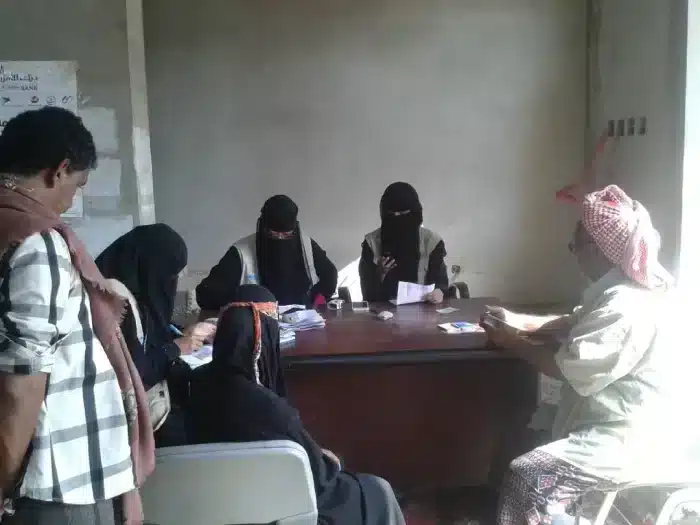
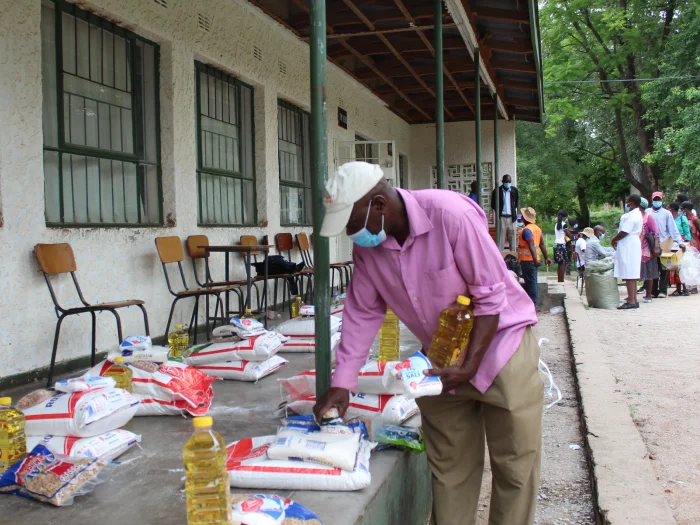
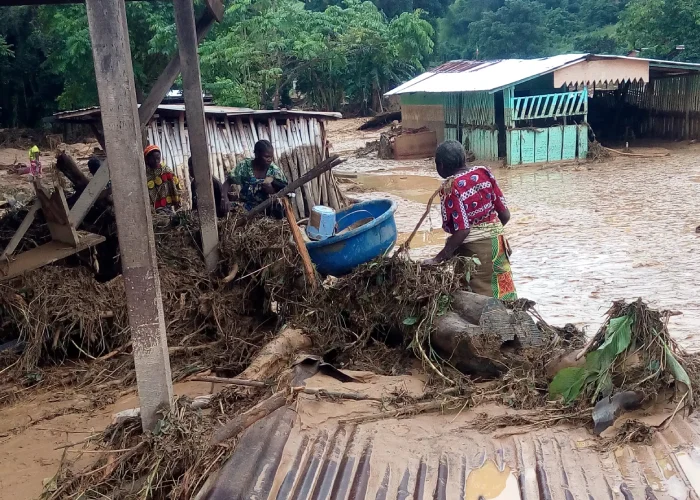
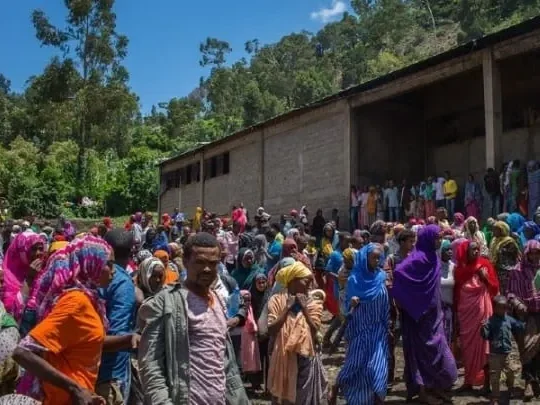
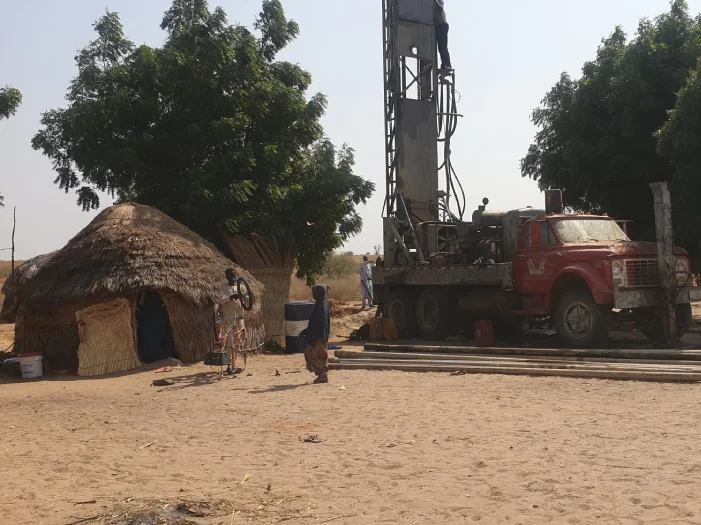
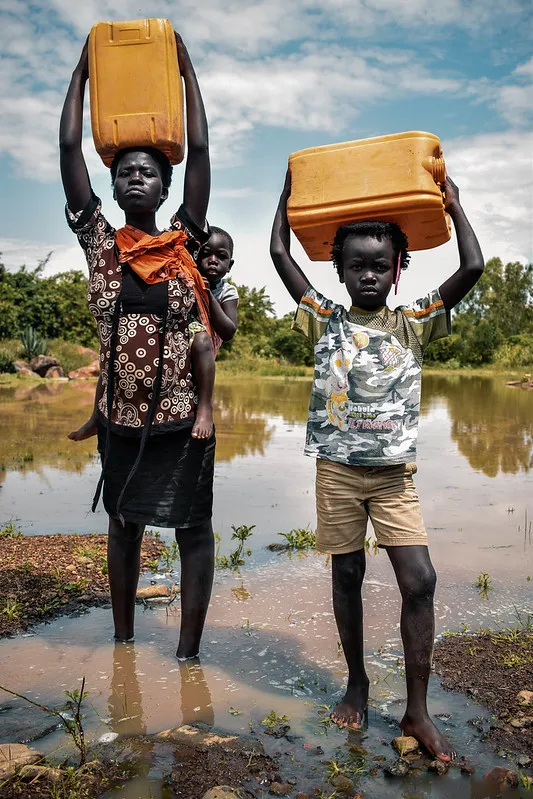
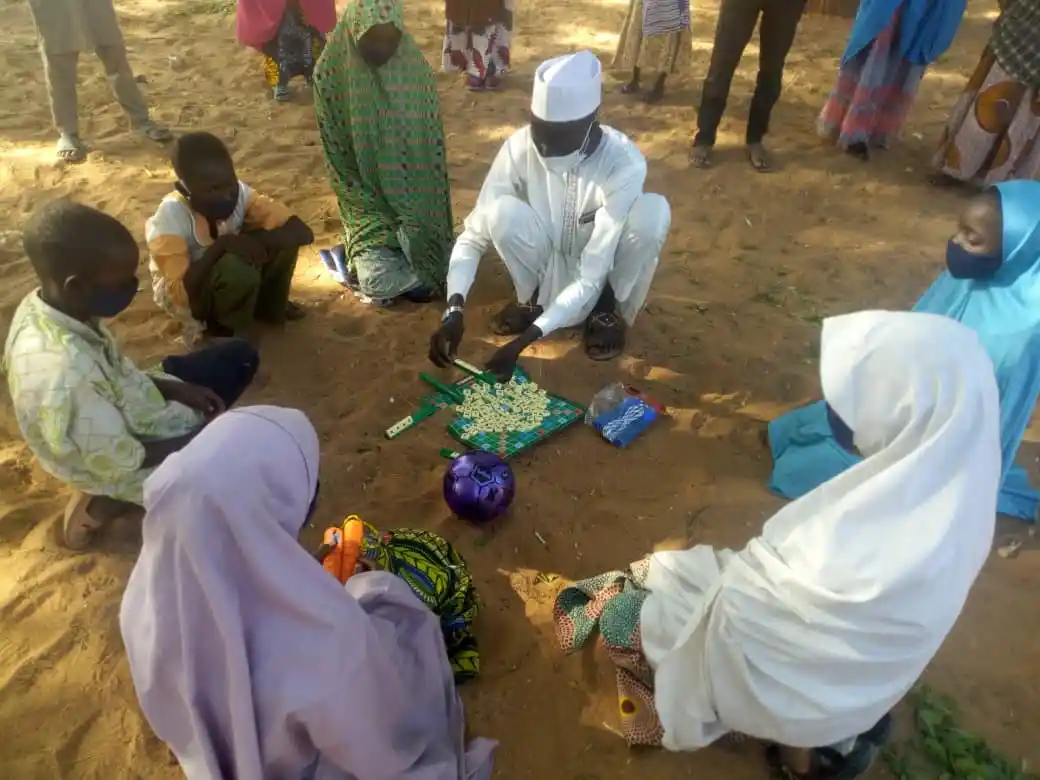
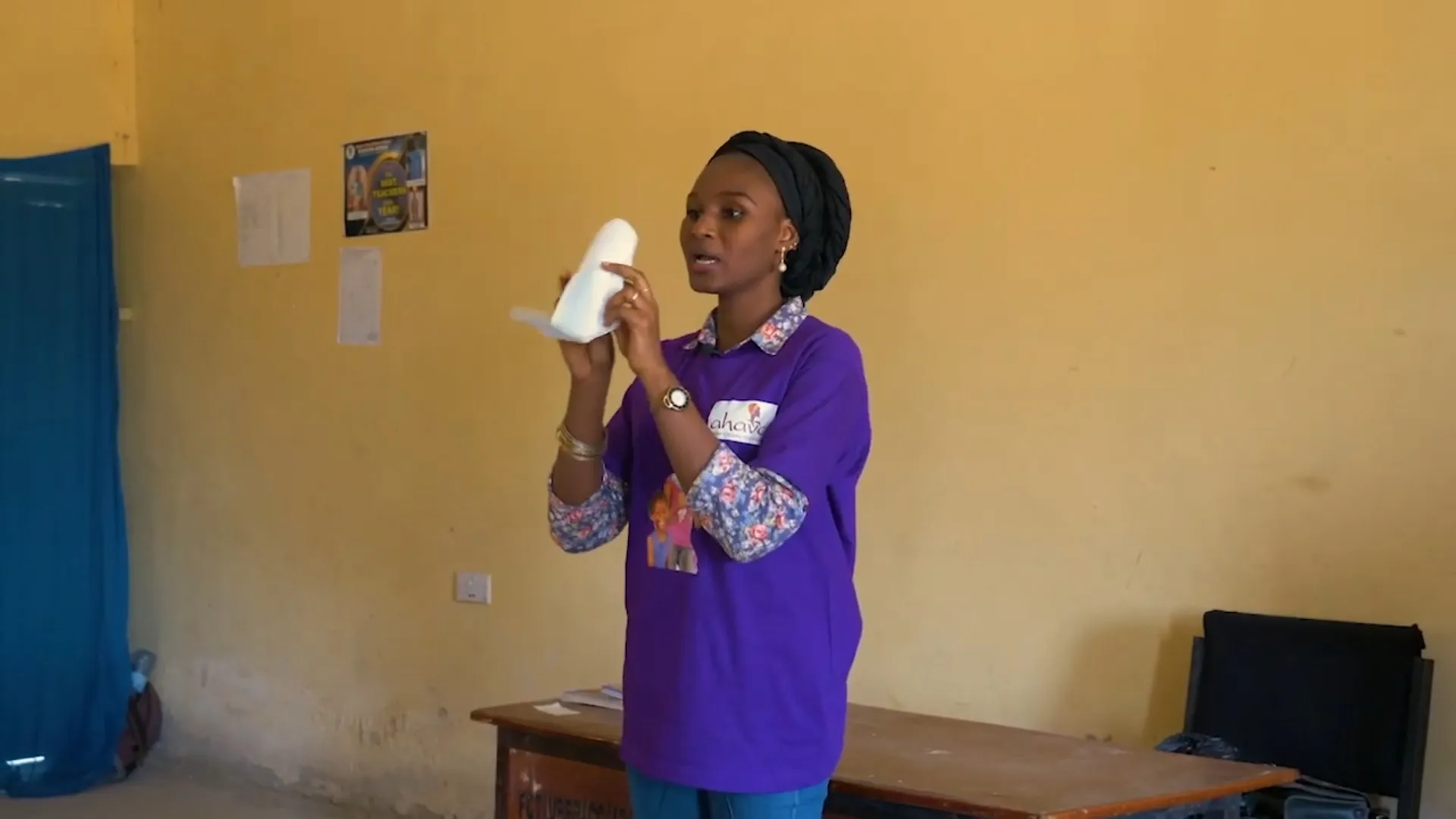
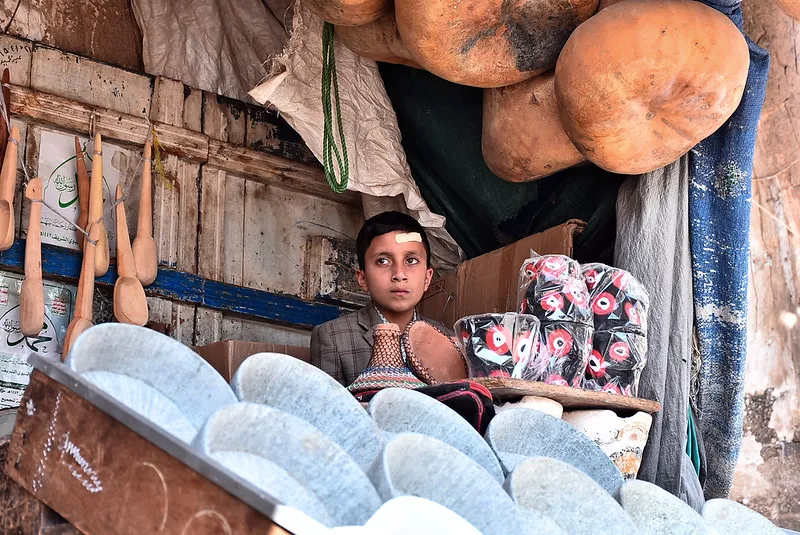
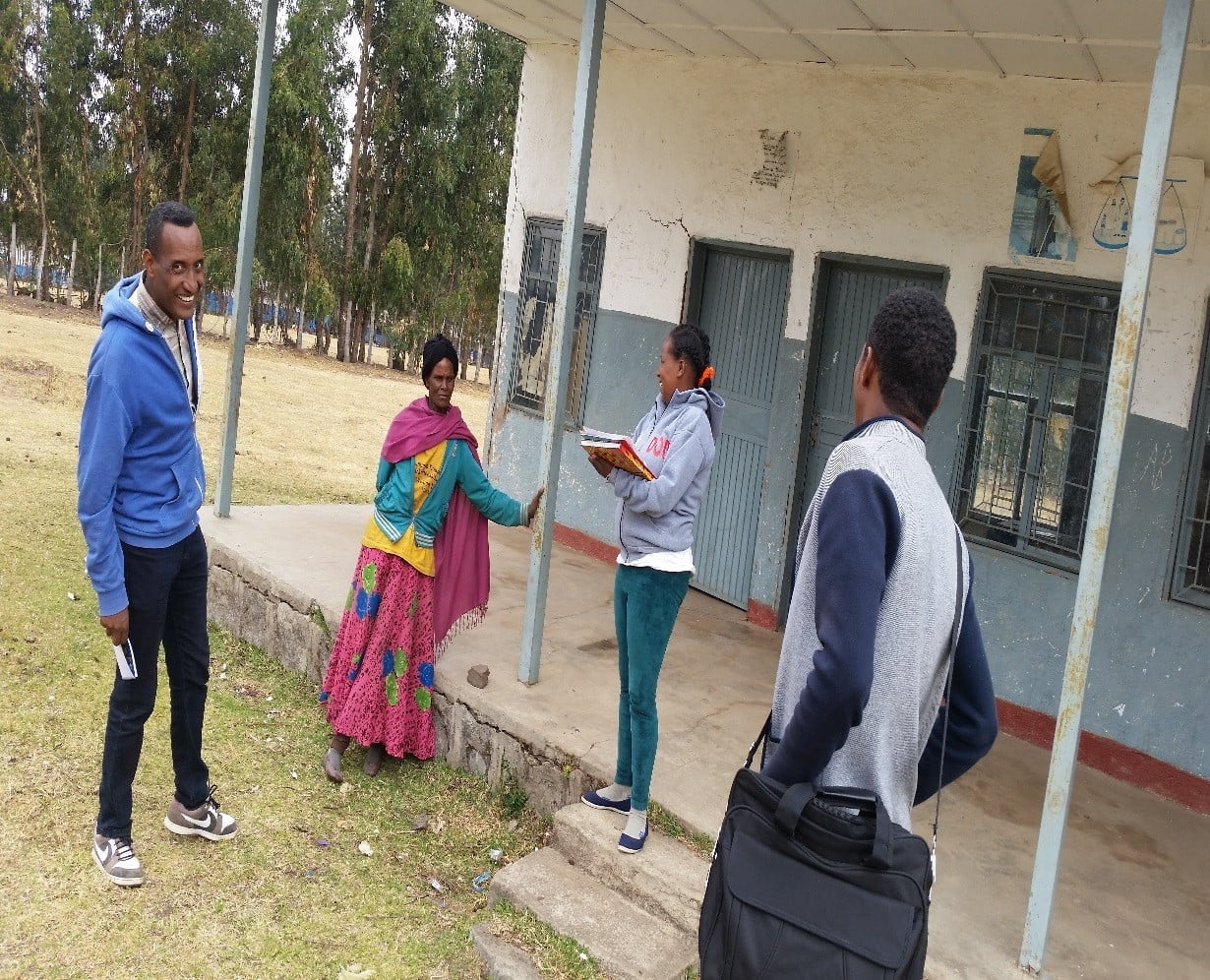
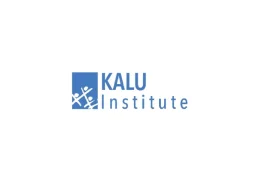
Leave a Reply